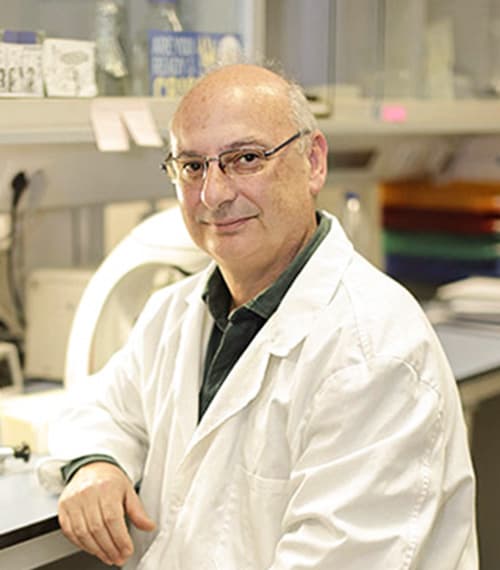CRISPR's Foundational Paper Faced Four Journal Rejections, Delayed Publication by Two Years

Alicante, Spain – The groundbreaking research paper by Spanish microbiologist Francisco Mojica, which first detailed the adaptive immune system known as CRISPR in prokaryotes, endured rejection from four scientific journals and experienced a two-year delay before its eventual publication in 2005. Mojica's discovery, initially deemed lacking in novelty or experimental proof, laid the essential groundwork for the revolutionary gene-editing technology that would emerge years later.
Mojica's journey began in the early 1990s while studying the archaeon Haloferax mediterranei, where he identified unusual repetitive DNA sequences. By 2001, he had coined the term CRISPR, an acronym for "Clustered Regularly Interspaced Short Palindromic Repeats," to describe these intriguing patterns. His persistent investigation culminated in a pivotal realization in 2003: these sequences were fragments of foreign viral DNA, acting as a bacterial defense mechanism, an adaptive immune system with memory.
Convinced of the profound significance of his findings, Mojica submitted his manuscript to leading scientific journals, including Nature and Proceedings of the National Academy of Sciences (PNAS). However, his work faced repeated setbacks. As stated in the tweet by Saloni, "TIL the original paper describing CRISPR, by Francisco Mojica, was rejected by 4 journals and took 2 years to be published." Editors reportedly dismissed the paper, citing a lack of interest or sufficient experimental evidence to support his hypothesis. Mojica himself recalled this period as a "nightmare," expressing despair over the repeated rejections.
The paper, titled "Intervening Sequences of Regularly Spaced Prokaryotic Repeats Derive from Foreign Genetic Elements," was finally published in the Journal of Molecular Evolution in February 2005. Despite the initial hurdles, Mojica's foundational insights were crucial. His work directly preceded and informed the later discoveries by Emmanuelle Charpentier and Jennifer Doudna in 2012, who demonstrated how CRISPR could be reprogrammed for gene editing, a breakthrough that earned them the Nobel Prize in Chemistry in 2020. Subsequent work by Feng Zhang and George Church further established CRISPR's utility in mammalian cells.
Mojica, known for his humility, continues to emphasize the importance of basic research. His perseverance in the face of widespread skepticism ultimately unveiled a biological mechanism that has since transformed fields from medicine to agriculture, demonstrating the unpredictable and far-reaching impact of fundamental scientific inquiry.